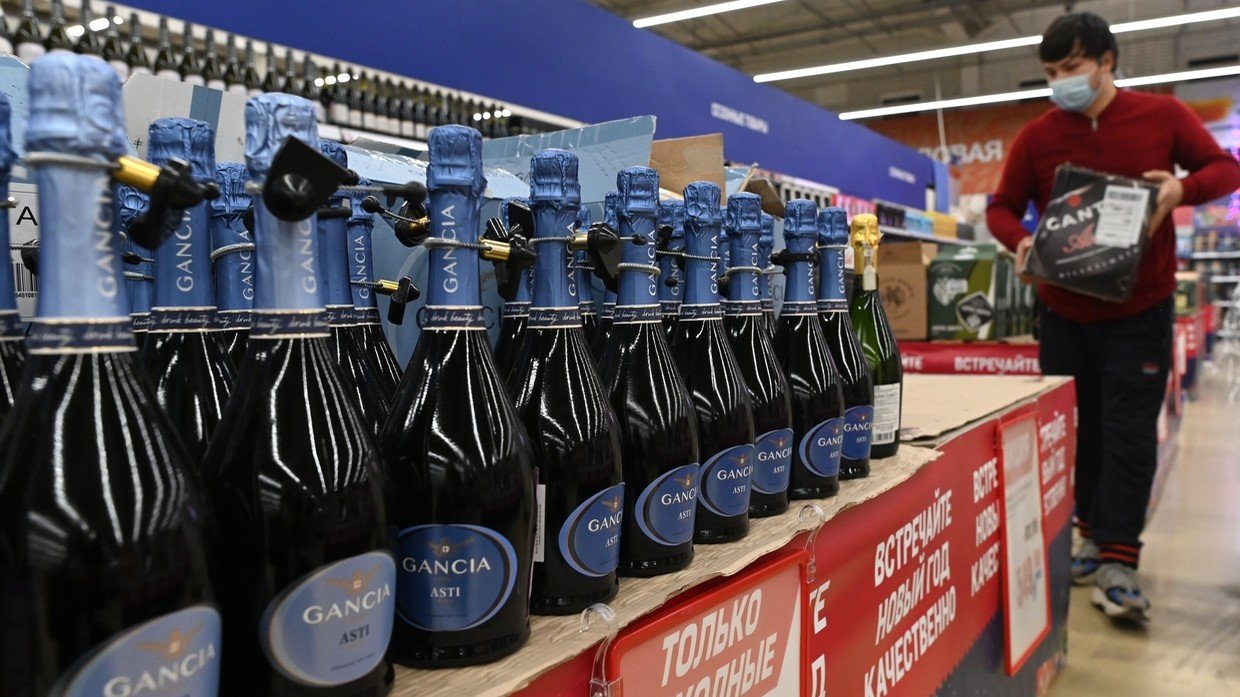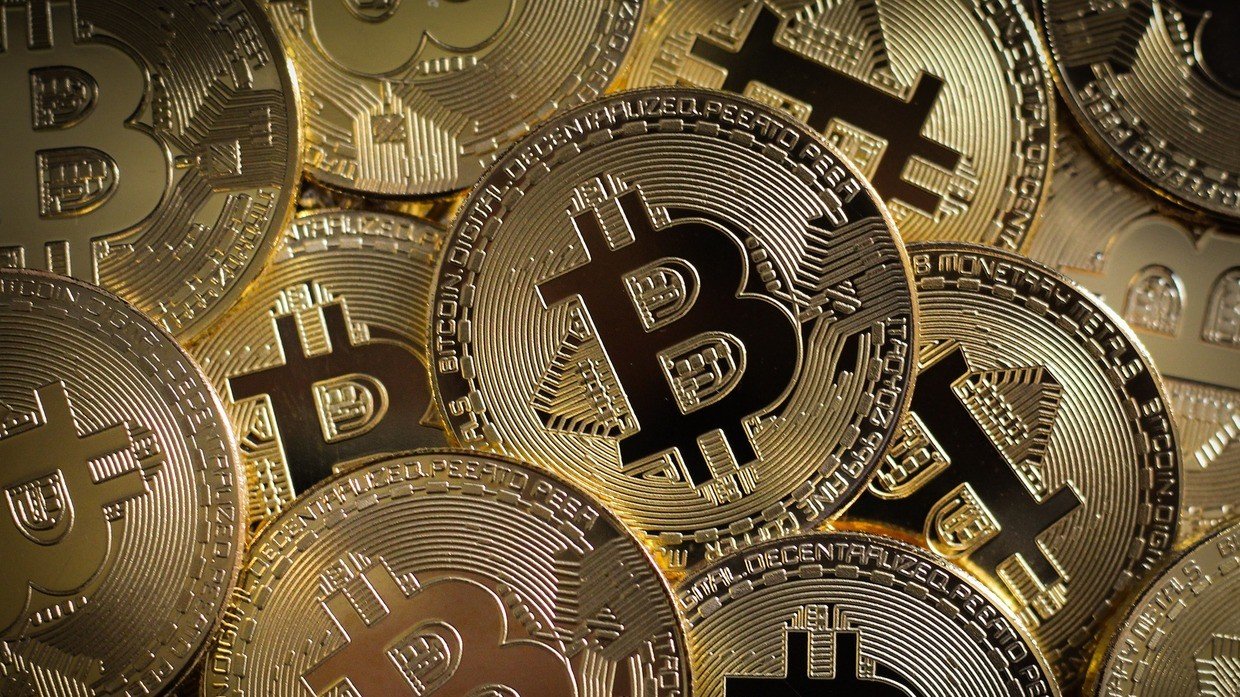Russian activists have unveiled proposals to ban the sale of alcohol on the first and second of January. The measures are intended to free up emergency services to deal with Covid-19.
Sultan Khamzaev, a member of country’s advisory Public Chamber and the head of anti-alcohol pressure group ‘Sober Russia,’ published his recommendations on Wednesday. In a letter to the Ministry of Industry and Trade, he claimed that the first and second of January “are the main days that account for the spike in calls to emergency services.”
Explaining his calls for a national ‘dry law’, he argued that “such a measure would help to reduce the total number of alcohol poisoning, deaths and crimes due to excessive alcohol consumption during this period.”
Khamzaev went on to add that “the average price for a bottle of vodka in the European Union is about 970 rubles ($13). In Russia it is four times less. I understand that the standard of living is different, but alcohol should not be as readily available as milk.”
Russian officials have repeatedly expressed concern over alcohol consumption during the festive period. Former Soviet leader Mikhail Gorbachev spoke out earlier this year calling for the cancellation of the New Year holidays and other long weekends, saying that “people these days are simply idle, and many just go binge drinking.” He compared this to the scaling back of public holidays in the USSR in the 1980s, saying that this “had a positive effect on the life of society.”
However, a ban on the sale of bottled alcohol may not have the effect its proponents intend. Earlier this week it was reported that seven people had died in the Far East republic of Sakha after drinking a five-liter bottle of alcohol hand sanitizer at a party. Authorities have pleaded with the public to avoid drinking the gel and have opened a criminal case.
If you like this story, share it with a friend!


